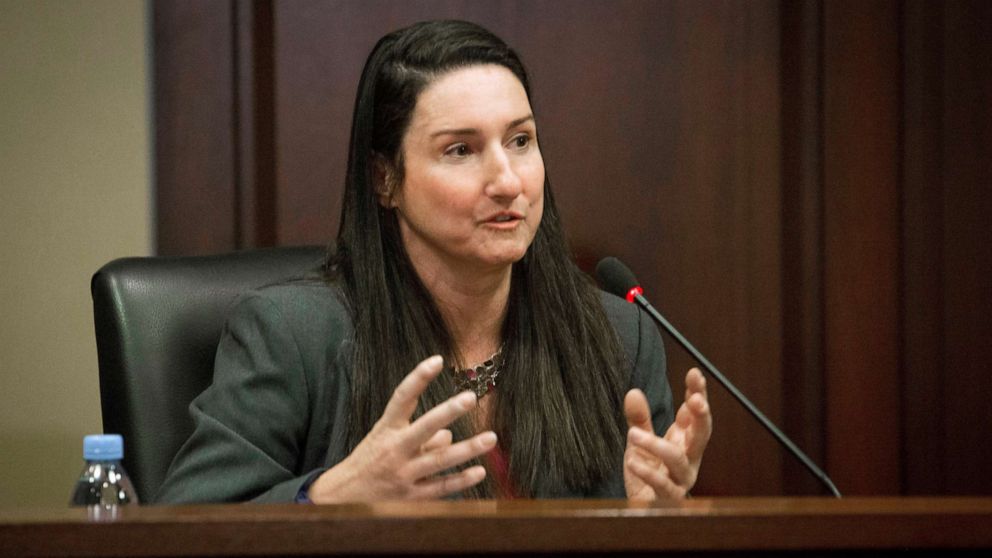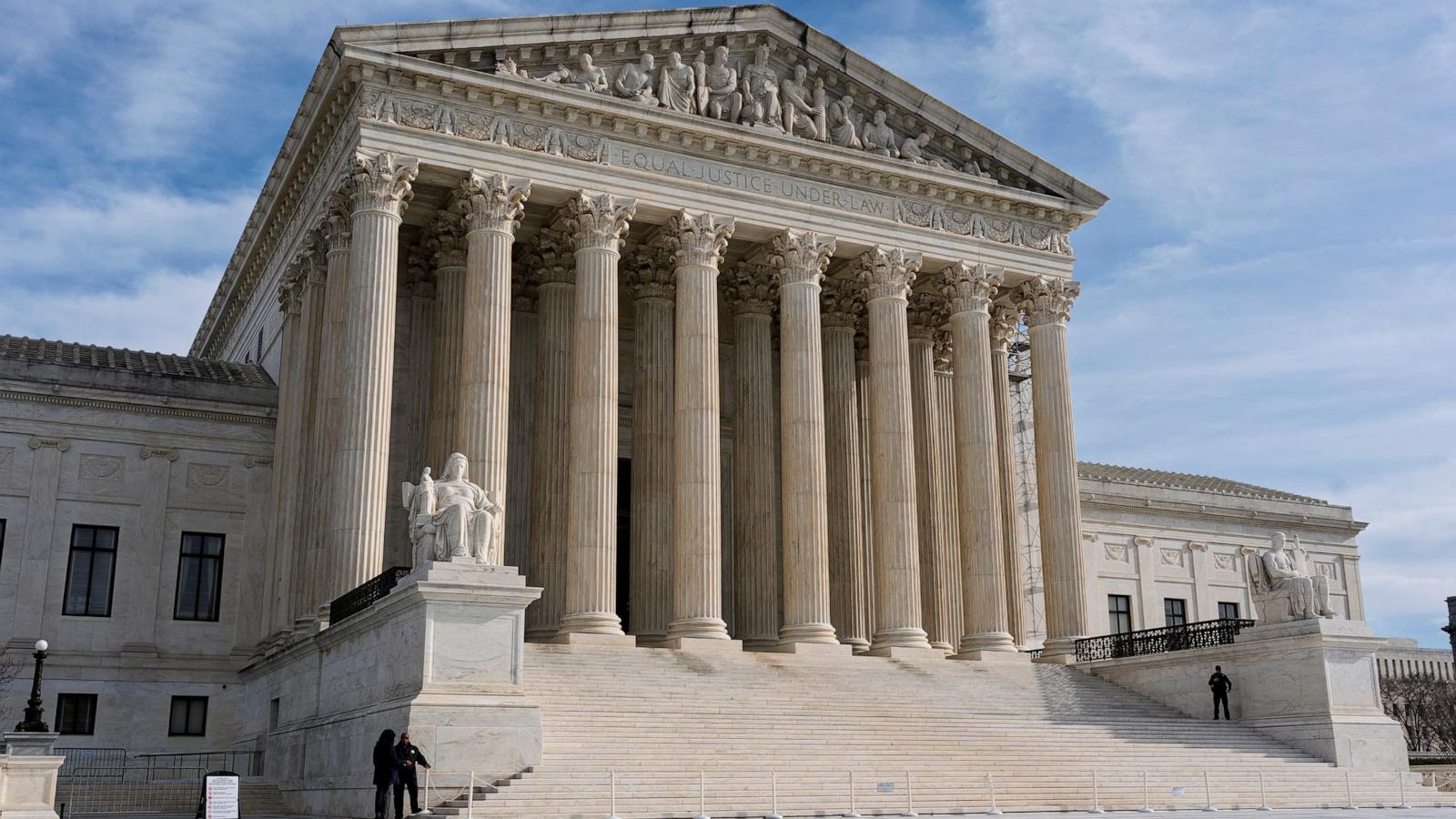An increasing number of states are taking steps to enshrine protections for same-sex marriage in their constitutions following a successful round of ballot initiatives in the 2024 elections.
Voters in Hawaii, Colorado and California all voted last year to support ballot initiatives that changed their state constitutions to give same-sex couples the right to marry. But now, the Supreme Court’s 2015 decision legalizing same-sex marriage is being actively targeted by some conservative lawmakers. The Idaho House passed a resolution in late January by a vote of 46-24 calling on the Supreme Court to reconsider its past marriage equality decision.
The Idaho resolution comes after Associate Justice Clarence Thomas expressed interest in revisiting the Obergefell v. Hodges same-sex marriage decision, should a future related court case arise, in his concurring opinion on the court’s landmark 2022 decision on Dobbs v. Jackson Women’s Health Organization that overturned the federal right to abortion. He argued that any past “substantive due process decision is ‘demonstrably erroneous'” and would need to be corrected, specifically noting Obergefell.


Some legislators and residents in Idaho, Arizona, Virginia, and Nebraska are addressing the current legislative climate by looking for ways to stop anti-same-sex marriage efforts in their tracks – and they hope to do so by letting voters decide on marriage equality for themselves at the ballot box.
The proposed ballot initiatives in Idaho, Nebraska, Virginia and Arizona would repeal state restrictions on gay marriage, including in some cases prohibiting the denial of a marriage license on the basis of the sex, gender or race of the persons applying for the license. Should these resolutions pass legislative muster, they’ll find themselves on the 2026 state ballots.
Ballot measures or initiatives are policy questions put to voters on a state or local ballot. The measures can either be initiated by residents themselves, through signature-collection efforts, or by local lawmakers, depending on the state.
If the Obergefell decision legalizing same-sex marriage nationwide were to be overturned, trigger laws banning same-sex marriage would go into effect in more than two dozen states, according to the LGBTQ law tracking group Movement Advancement Project.

The Respect for Marriage Act, signed into law by former President Joe Biden in 2022, guarantees the recognition of same-sex and interracial marriages. However, it does not enshrine the right to marriage in every state – it only requires that all states recognize marriages in places where these marriages can be legally performed, or that had been legally certified in the past.
A 2024 Gallup poll found that 69% of Americans continue to believe that marriage between same-sex couples should be legal, with 64% saying gay or lesbian relations are morally acceptable.
Chris Melody Fields Figueredo, executive director of the policy group Ballot Initiative Strategy Center, told ABC News that ballot measures present “a really unique opportunity for the people to take power into their own hands.”
“Rather than wait for federal action that might take away rights, or undermine rights that we’ve had protected for more than a decade, there is an opportunity for people to have their voices heard through the ballot measure process,” Figueredo said.
Marriage equality ballot initiative efforts so far
In Idaho, House Minority Leader Rep. Ilana Rubel introduced Joint Resolution 2, which asks voters if they would like to repeal a 2006 state constitutional amendment that prohibits same-sex marriage.
“I have a son who’s gay who’s wondering whether he will be able to live here when he’s older. He’s only 19 now, but it’s really concerning to see the state make all these people feel so unwelcome here,” said Rubel.

She continued: “We’re now at a point where basically everybody has a same-sex married couple in their life that they know and love – a cousin, a child or somebody – and I think they would view this very, very differently. This wasn’t the case in 2006.”
In Virginia, House Joint Resolution 9 and Senate Joint Resolution 249 have been introduced in the legislature to ask voters if they would like to repeal an existing state constitutional ban on same-sex marriage and ban the state from denying marriage licenses based on a couple’s sexes, genders or races.
In Arizona, House Concurrent Resolution 2033 has been introduced to ask voters if they are in favor of repealing a section of the state’s constitutional restrictions on gay marriage and replace the language to explicitly allow for all marriages regardless sex, race, ethnicity, or country of origin.
In Nebraska, LR5CA and LR6CA have been introduced in the legislature to ask voters if they would like to repeal restrictions on marriage equality and recognize marriages regardless of race or gender.
ABC News: Top Stories
Read the full article .


